5 Key Differences Between Microgreens and Sprouts
Microgreens and sprouts differ in growing medium, germination period, nutrition, harvesting, and culinary uses, offering unique textures and health benefits.
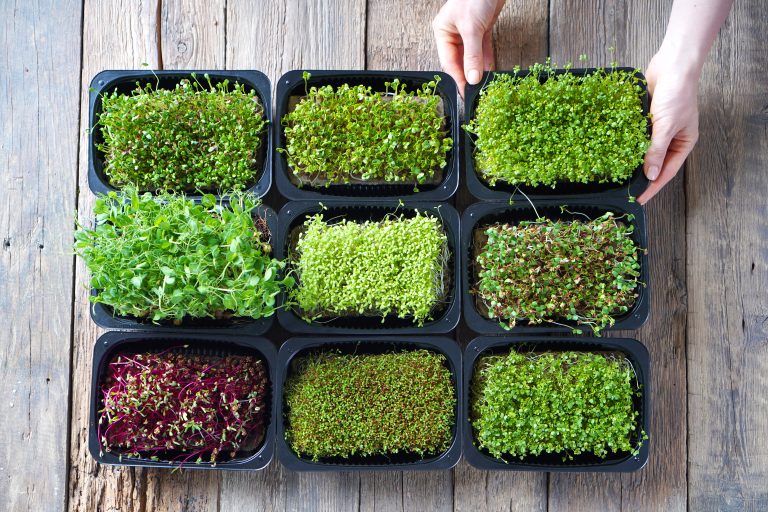
Microgreens and sprouts differ in growing medium, germination period, nutrition, harvesting, and culinary uses, offering unique textures and health benefits.
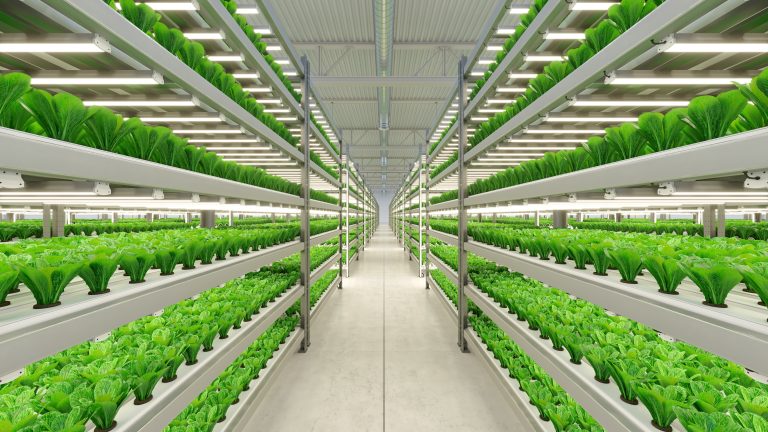
Hydroponics offers a fast track for plants to thrive without soil, yielding profitable crops like lettuce, basil, strawberries, bell peppers, cucumbers, tomatoes, and microgreens.
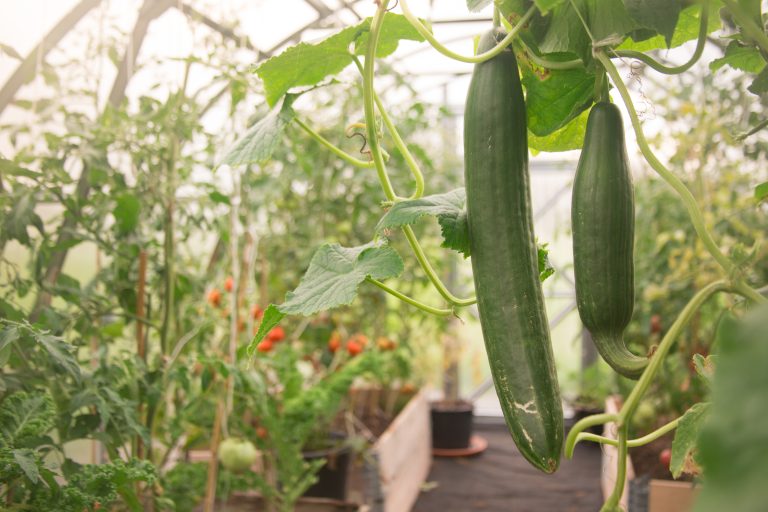
Heat-loving veggies thrive in tropical gardens, relishing the intense sunlight and humidity to yield vibrant, flavorful produce.
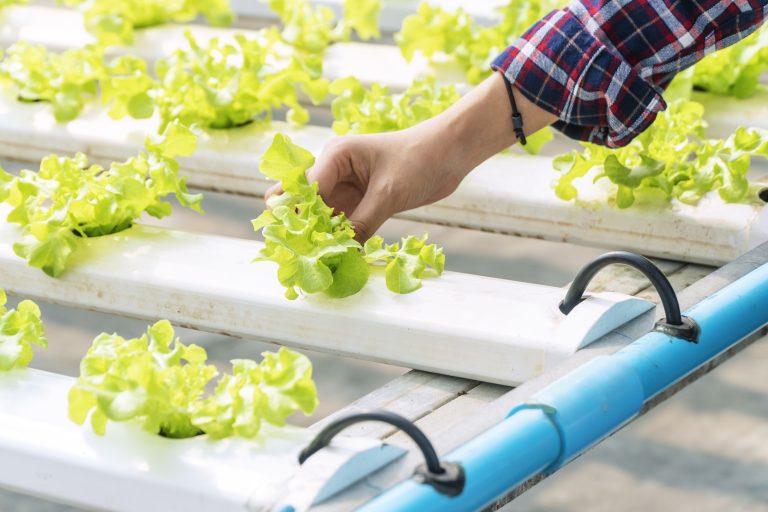
Regular cleaning is key in hydroponic gardening for disease prevention and plant health. Establish a routine with daily observations, weekly root checks, biweekly system flushes, monthly filter and pump inspections, quarterly growth media deep cleans, semi-annual system overhauls, and yearly component replacements. Custom schedules for different plants and maintaining cleanliness logs are essential for a thriving hydroponic garden.
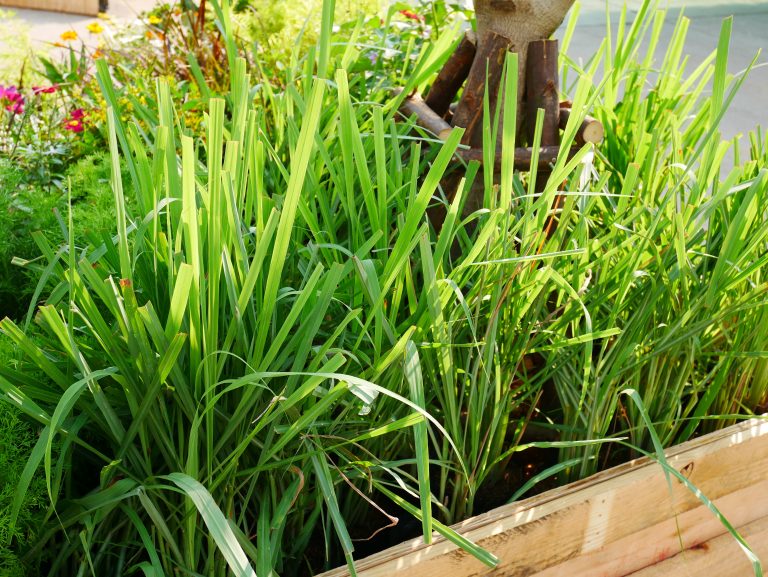
Transform your garden into a fragrant oasis with 7 vibrant subtropical herbs: Lemon Verbena, Sweet Bay Laurel, Cuban Oregano, Mexican Tarragon, Thai Basil, Lemongrass, and Tulsi.
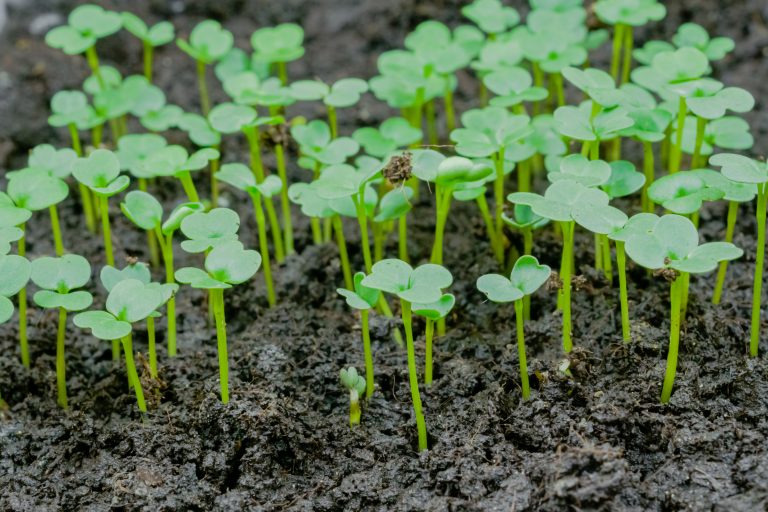
Reusing soil after microgreens grow is key for sustainable urban gardening. Tips include sterilization, nutrient replenishment, composting, aeration, and crop rotation for a healthy, thriving garden.
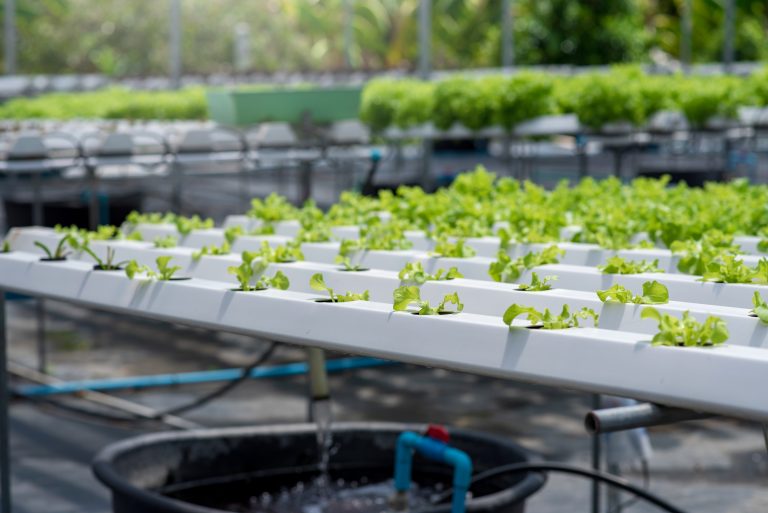
Hydroponic gardening boosts plant growth, enables year-round harvests, maximizes space, conserves water, and meets high produce demand in urban settings.
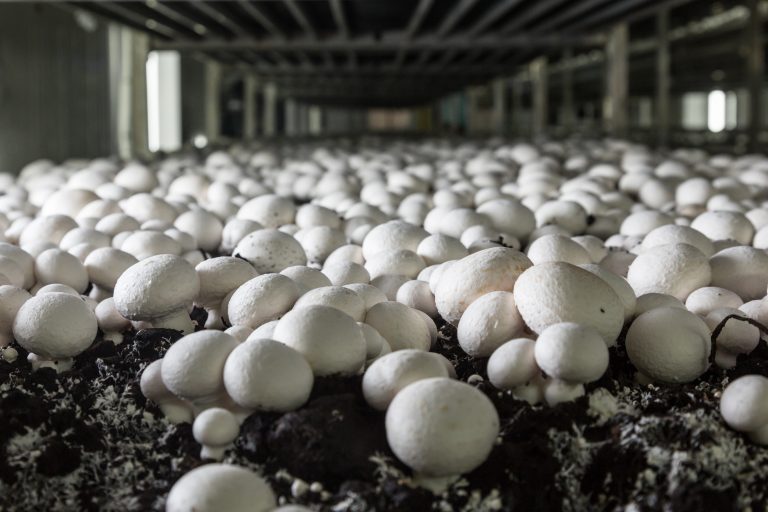
Starting a mushroom business can be profitable by understanding market demand, managing costs, choosing the right strains, and scaling efficiently with smart marketing strategies.

Transform your small space into a flourishing herb garden: maximize vertical areas, choose compact herbs, use proper containers, pair herbs wisely, manage sunlight, water efficiently, care for soil, control pests, harvest strategically, and protect herbs in winter.
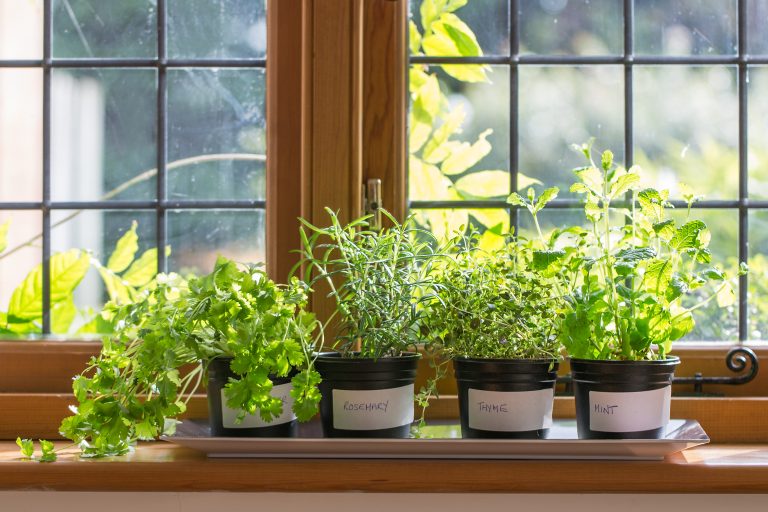
Indoor herbs can bring freshness and flavor, but they may attract pests like aphids and fungus gnats. Quality soil, proper watering, and strategic planting can help deter bugs naturally.